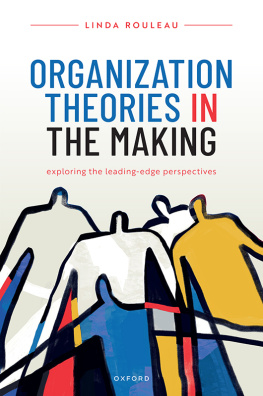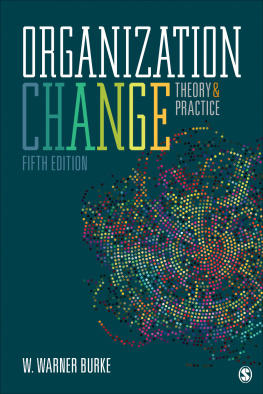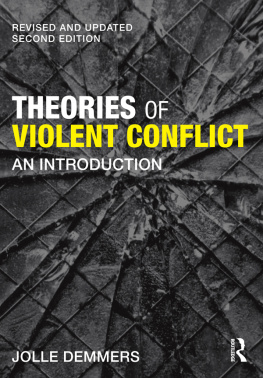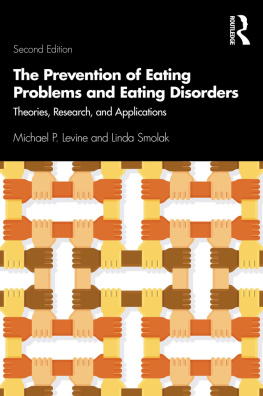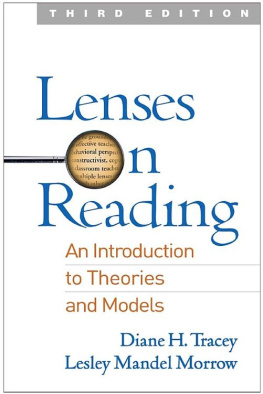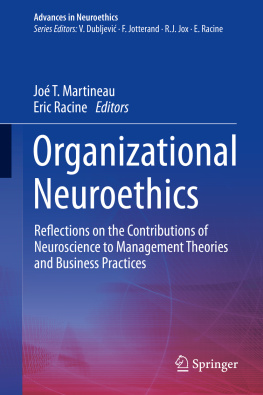

Great Clarendon Street, Oxford, OX2 6DP,
United Kingdom
Oxford University Press is a department of the University of Oxford It furthers the Universitys objective of excellence in research, scholarship, and education by publishing worldwide Oxford is a registered trade mark of Oxford University Press in the UK and in certain other countries
Linda Rouleau 2022
The moral rights of the author have been asserted
Impression: 1
All rights reserved No part of this publication may be reproduced, stored in a retrieval system, or transmitted, in any form or by any means, without the prior permission in writing of Oxford University Press, or as expressly permitted by law, by licence or under terms agreed with the appropriate reprographics rights organization Enquiries concerning reproduction outside the scope of the above should be sent to the Rights Department, Oxford University Press, at the address above
You must not circulate this work in any other form
and you must impose this same condition on any acquirer
Published in the United States of America by Oxford University Press
198 Madison Avenue, New York, NY 10016, United States of America
British Library Cataloguing in Publication Data
Data available
Library of Congress Control Number: 2022936088
ISBN 9780198792024
DOI: 10.1093/oso/9780198792024.001.0001
Printed and bound by
CPI Group (UK) Ltd, Croydon, CR0 4YY
Links to third party websites are provided by Oxford in good faith and for information only Oxford disclaims any responsibility for the materials contained in any third party website referenced in this work
This book is dedicated to all of the PhD students who have attended my doctoral seminar on organization theories over the years, as well to all those who will do so in the future!
A special thanks to Marie-Claude Rabeau and Meaghan Girard, from HEC Montral, for helping me make sure that the words on these pages were faithful to those in my mind!
Contents
List of Figures
List of Tables
Introduction
The Past 25 Years of Theorizing Organizations
We live and work in a world that is in constant flux, where our organizations compete in complex institutional and globalized environments and amidst the emergence of new markets. The development of information technology as well as the rise of the knowledge economy have transformed the way individuals and groups work together to achieve organizational goals. To foster economic and social innovations, organizations are opening their boundaries and decentralizing their governance structures. As a result, managers have to engage multiple stakeholders around legitimate discourses and be ready to roll up their sleeves as they set out to transform and develop new organizational processes and practices. All these changes have challenged organizational scholars to generate new ways of seeing the empirical complexity of contemporary organizations.
Over the past 25 years, organizational researchers have developed leading-edge perspectives that explore new research questions: How do organizations build and maintain legitimacy in their institutional context? How do organizations achieve compromises between stakeholders that have divergent interests? How do they manage the multiple networks that they belong to and that they are composed of? How is organizational knowledge produced and transferred? How are organizational discourses produced, disseminated, and appropriated at different organizational levels? What do managers and people in other roles do in their everyday tasks? This book aims to demonstrate how, over the past 25 years, the field of organization theories (OTs) has been providing stimulating, thoughtful, and innovative perspectives to answer these questions. More pointedly, it provides a synthesis of the latest theoretical advances and developments in the field.
In this book, I use the plural form, organizational theories (OTs), when referring to the field traditionally known as organization theory (OT). Indeed, in order to present an integrated or unified front, the field is generally referred to in the singular form. However, this no longer reflects the rise in perspectives, empirical studies, and paradigms that have made the field so highly diverse and dynamic over the past 25 years. This shift from the singular to the plural is meant to emphasize the plurality of ways of seeing organizational life as well as a call to include these perspectives under the broad umbrella provided by the field of OTs.
0.1 Why another organization theories book?
Why a new OTs book when there are already so many out there? OTs are essential if we want to understand the world of organizations, whether we are interested in management, consulting, or research. However, I have always been uncomfortable with the material aiming to portray this field of study. Until now, most books on OTs propose the same story, with minor variations. Many are devoted to classical readings or present an overview of their evolution from the beginning of the 1900s to the end of the 1990s. This story has been told countless times. This book adopts a different approach to OTs and zooms in on the relationship between the latest developments in OTs (from 1995s to the present) and the research communities that gave rise to them. OTs develop both in competition against (or even in reaction to) one another, and, on the contrary, in alliance with each other. As you will see, these stories all intersect with each other to form a mosaic of ideas that define todays organizations. Hence the title of this book: Organization Theories in the Making.
The book you are about to read is a hybrid between generalist and specialist approaches. While it is reasonably accessible for beginners, it goes beyond the mainstream and applied view of OTs to highlight the main debates and challenges at the cutting edge of the field. In addition to introducing the key academic conversations central to the field today, this book also invites graduate students and early career researchers to learn how recent theories view and portray the organization and, more specifically, to understand current research questions, conceptual resources, and methods. In the OTs field, there are rich debates between the diverse epistemic communities, and junior researchers and graduate students need to be well versed in them in order to write a relevant thesis, report, or academic paper. A deep knowledge of recent OTs is key when building a compelling literature review and making meaningful theoretical contributions. Scholars translating a research topic into theoretical terms need to be aware of the conceptual resources offered by the field of OTs. Faced with the realities of publish or perish, junior researchers and graduate students are urged to develop their theory-building skills. This book offers readers the opportunity to do this and more by taking a deep dive in the complexities and controversies of OTs. By familiarizing yourself with the new metaphors of organizations, you will be able to make your own contribution to the field of OTs.
0.2 Organization of the book
Throughout this book, I mainly refer to perspectives, and avoid as much as possible using the term theories. A theory is a specific set of integrated conceptual relationships or claims to explain an organizational phenomenon. On the other hand, perspective, from the Latin
Next page
